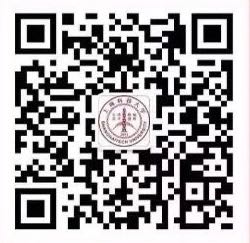Speaker: Mohan Li
Time: 10:00, Apr.28
Location: 3-301
Host: Tao Wu
Abstract:
With the increasing demand for the number of channels in implantable Brain-computer interface (BCI) devices, the importance of low-power and high-speed wireless data transmission circuits has become increasingly prominent, and has gradually become one of the technical bottlenecks in the realization of high-pass quantitative brain-computer interface systems. In implantable brain-computer interface systems, the device has strict limits on the power consumption and size of the circuit, which is designed to ensure that the device can operate for a long time, while avoiding the potential risk of overheating the device. Since the target single neuron signal collected by the brain-computer interface system is extremely weak (~ μV) and located at the high-impedance node (~ MΩ) on the electrode, other circuit modules in the system, especially the high-speed signal module, are needed to minimize the interference and influence on the analog front-end weak signal amplification circuit as much as possible. On the other hand, a more stable linear voltage regulating loop is needed to supply power to the module. Based on the above two characteristics, this lecture introduces the solution of wireless data transmitter and energy supply system suitable for brain-computer interface equipment and completes the flow chip verification.
Bio:
Mohan Li, graduated from North China University of Technology with a bachelor's degree in microelectronics science and technology in 2020. He is currently pursuing a master's degree in microelectronics at the School of Information Science and Technology, ShanghaiTech University. His current research direction is integrated circuit design for BCI.




 沪公网安备 31011502006855号
沪公网安备 31011502006855号


